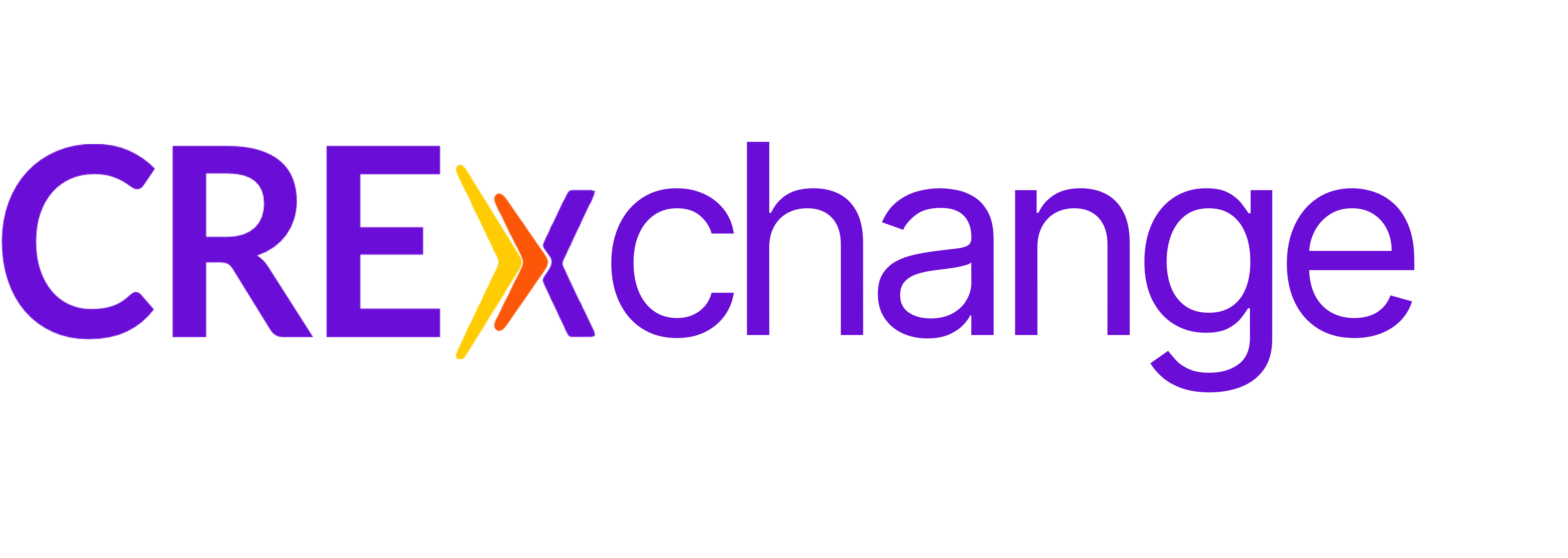
4 Ways Web3 Will Impact Commercial Real Estate
As the real estate world settles into Web2, Web3 is crashing down like an avalanche. Here are 4 ways Web3 will change commercial real estate.
First (and for us rookies), what is Web3?
Intro to Web3
Web3 is the next evolution of the internet. Centralized applications and software-driven operations dominated Web2. Internet companies such as Facebook, YouTube, Google, etc. created massive platforms to collect, store and redistribute data. They owned that data and provided it back as content, recommendations, result sets, and many other use cases. Web3 is based on an internet that is open, trustless, permissionless and secure. Data is decentralized and no longer stored within one entity but rather distributed using advanced algorithms, AI and networks. Every computer becomes a part of the internet. Creators own their data and exchange it via smart contracts and tokens. This will expand the role and value of data plays in the global business and personal landscape.
Now that you have some background, here are the 4 ways Web3 will change commercial real estate.
Web3 Impact on Commercial Real Estate
1. Micro Ownership
Smart contracts on the blockchain created the opportunity to fractionalize ownership. The ability to own 0.00000001% of a property or portfolio opens the door to more investors than ever before. Investors can place their capital in all sorts of global assets via a laptop, crypto wallet, and internet connection.
Once a purchase is made and the transfer confirmed by the blockchain, the ownership is enforced by a distributed open ledger. The ledger eliminates the risk of fraud and creates proof of ownership. At sale or reinvestment, smart contracts manage all outflow of capital. These smart contracts automatically airdrop payouts into investors’ wallets.
2. DAOs (Decentralized Autonomous Organizations) replace Fund Managers
Existing fund managers have a naturally wide moat. A fund requires a high amount of capital to purchase properties and portfolios. Most commercial real estate firms first obtain capital from high net worth individuals or family offices. As the firm grows and experiences a successful track record, they may choose to raise a larger round of capital into a fund structure. The firm raises money from institutional investors, such as endowments, pensions, and other public funds. These fund managers spend years developing relationships to receive that capital. They then invest the fund money into real estate. The fund manager keeps a percentage of the total fund as a fee before paying out investors in a waterfall structure.
Web3 creates an opportunity for investors to easily bypass the traditional fund manager.
In a DAO, you no longer have a central authority making all key decisions but rather each member holds voting and decision rights on proposals. Members may create unique DAOs for each investment strategy, geography, or other groups. This provides the investor more autonomy to invest dynamically by specific property or portfolio. DAOs collect capital from all members via cryptocurrencies and can move as a collective to invest that money in physical real estate. With the margins of the middlemen removed, more profits are shared by the collective DAO.
3. Data Monetization in Web3
Data has always been a key asset in building a successful real estate business. Individual investors use data to calculate metrics such as the cap rate or IRR on properties and investments. Large companies spend thousands of hours (or dollars) obtaining data. Third-party research companies make a fortune by gathering and owning data and then selling it to interested parties.
As we transition to Web3, data creators now have a way to earn revenue. Anyone who created data on properties can claim ownership of that data. Assessors physically walking around the building may own the data they create. Permit records, parking information, HVAC unit numbers, and thousands of other valuable data points are waiting to be recorded or stored. Once documented, this data is free from the silos of historical data aggregators charging hundreds and thousands of dollars per year.
Once the data is stored and validated on the blockchain, the original owner of the data has a way to share in the upside from sale of that data. The blockchain will always tag the license (and royalties) of the data creator.
When commercial real estate firms push their data to the blockchain, they can immediately monetize their gold mine of data. Prospective buyers may be interested in utilities, rent or other data about your property. This assumes that real estate firms already have access to their data in a centralized data warehouse. We envision a world in which real estate firms can sell not only physical structures and land, but also the data that the property generated. Overall, Web3 will not only make the acquisition and disposition process smoother through smart contracts, but it will also enable data monetization for commercial real estate owners.
4. Digital Real Estate AND Commercial Real Estate
Creating a true digital twin of your property allows the sale of digital real estate separate from the physical property. We are not far from where the metaverse overlaps with the physical universe. You cannot rent the same unit twice, but what if you could limitlessly rent the metaverse version of your units or properties?
Further, data-driven advertisers are prime buyers of screen space within buildings. For example, most offices now come equipped with several screens. Whether it is a 65-inch flat-screen in a conference room or a small screen on the outside of shared spaces, marketing companies may pay a fortune to rent out the “billboard” space inside of commercial (and residential) real estate buildings. They would be most interested in buildings where they could have direct knowledge of the demographics of their audience. Via NFT tokens and smart contracts, companies could lease their unused screen time to marketing companies to show ads. If done correctly, this could be a huge opportunity within millions of properties across the globe.
Conclusion
Innovation happens fast. We are in the early stages of Web3. Some new technologies will fizzle out, but the ones that survive have the potential to impact us in the way that Google is synonymous with “search”. Now is the time to start putting the pieces in place to get ready for the future.
If you’re interested in learning how we can help you prepare for Web3, reach out at CRExchange.io/contact.
Web3 Impact on Commercial Real Estate






